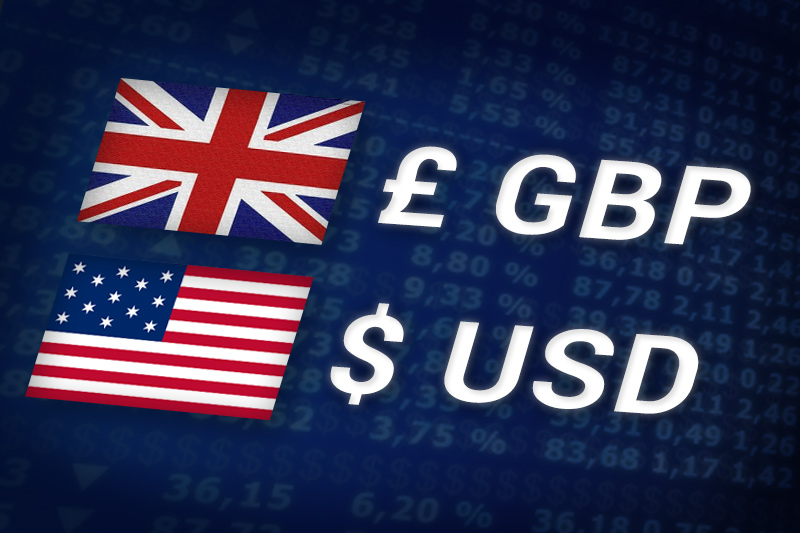Investing.com - The pound remained higher against the U.S. dollar on Wednesday, supported by earlier comments by Bank of England Governor Mervyn King, while speculation that the European Central Bank may implement further action to spur growth lingered.
GBP/USD hit 1.5671 during U.S. morning trade, the daily high; the pair subsequently consolidated at 1.5640, adding 0.12%.
Cable was likely to find support at 1.5545, the low of August 6 and resistance at 1.5729, the high of July 31.
Following the release of the BoE’s quarterly inflation report, Governor King indicated that a rate cut was unlikely in the coming months, saying it would damage some financial institutions and could be more counterproductive than beneficial.
The BoE cut its forecasts for economic growth, saying the rate of growth in two years’ time was likely to be around 2% per year, significantly lower than its May forecast for growth of around 2.67%.
The central bank said inflation would be just below 1.7% in two years, with broadly balanced risks of it being above or below 2%.
Britain's economy is likely to pick up modestly in the short term, the bank said, as a result of lower inflation and the effects of the bank’s asset purchase program and Funding for Lending scheme.
Governor King said the recession in the U.K. is not as bad as official data has shown, adding that growth has been "broadly flat" for the last two years.
Official data in July showed that U.K. economy contracted by 0.3% in the first quarter of this year and by 0.7% in the second quarter.
Governor King also said the debt crisis in the euro zone remained the key risk to the U.K.’s economy, adding that the overall outlook for the crisis has not altered over the last three months.
Meanwhile, market sentiment remained supported by expectations that the ECB will soon take steps to help lower Spanish and Italian borrowing costs after the bank indicated last week that it may restart its bond buying program.
Sterling was also higher against the euro with EUR/GBP dropping 0.59%, to hit 0.7890.
Also Wednesday, official data showed that German industrial production fell 0.9% in June, more than forecasts for a decline 0.8%, following an upwardly revised 1.7% gain in May.
GBP/USD hit 1.5671 during U.S. morning trade, the daily high; the pair subsequently consolidated at 1.5640, adding 0.12%.
Cable was likely to find support at 1.5545, the low of August 6 and resistance at 1.5729, the high of July 31.
Following the release of the BoE’s quarterly inflation report, Governor King indicated that a rate cut was unlikely in the coming months, saying it would damage some financial institutions and could be more counterproductive than beneficial.
The BoE cut its forecasts for economic growth, saying the rate of growth in two years’ time was likely to be around 2% per year, significantly lower than its May forecast for growth of around 2.67%.
The central bank said inflation would be just below 1.7% in two years, with broadly balanced risks of it being above or below 2%.
Britain's economy is likely to pick up modestly in the short term, the bank said, as a result of lower inflation and the effects of the bank’s asset purchase program and Funding for Lending scheme.
Governor King said the recession in the U.K. is not as bad as official data has shown, adding that growth has been "broadly flat" for the last two years.
Official data in July showed that U.K. economy contracted by 0.3% in the first quarter of this year and by 0.7% in the second quarter.
Governor King also said the debt crisis in the euro zone remained the key risk to the U.K.’s economy, adding that the overall outlook for the crisis has not altered over the last three months.
Meanwhile, market sentiment remained supported by expectations that the ECB will soon take steps to help lower Spanish and Italian borrowing costs after the bank indicated last week that it may restart its bond buying program.
Sterling was also higher against the euro with EUR/GBP dropping 0.59%, to hit 0.7890.
Also Wednesday, official data showed that German industrial production fell 0.9% in June, more than forecasts for a decline 0.8%, following an upwardly revised 1.7% gain in May.
